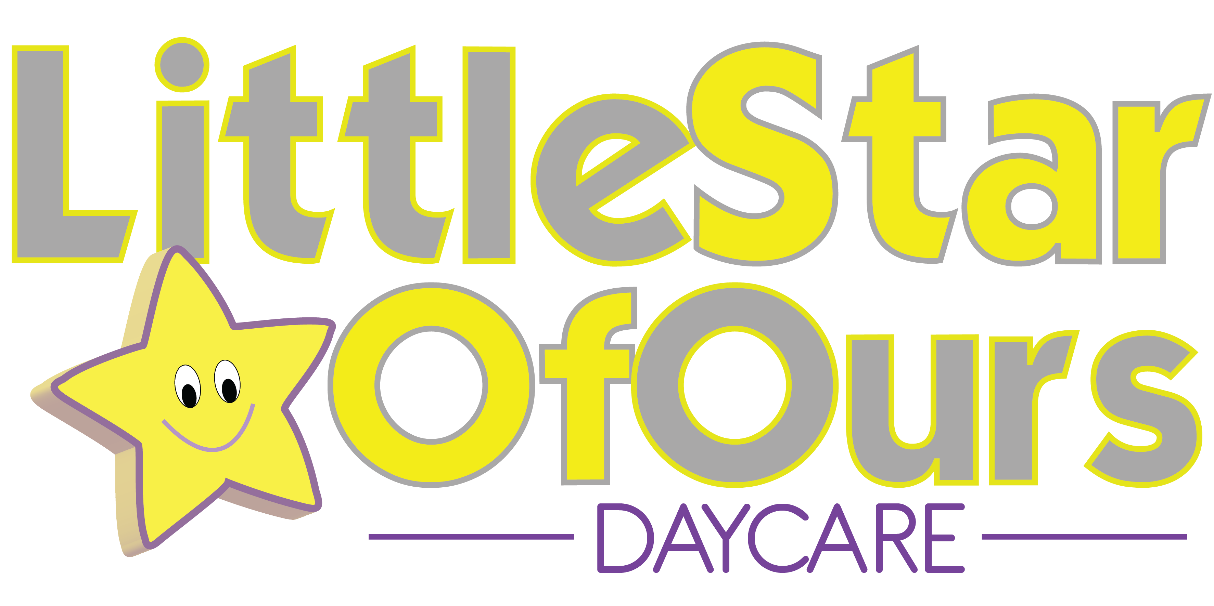Spotlight Interview With Jessica De Jesus Acevedo owner of Little Star of Ours Family Child program in Cambridge, MA
Our latest Spotlight Interview is with Jessica De Jesus Acevedo owner of Little Star of Ours Family Child program in Cambridge, MA. Here is a link to learn more about the program followed by the interview.
https://www.littlestarofours.com/
1. What experiences have you had working in early childhood education and care?
• My name is Jessica De Jesus Acevedo and I am an owner of a Family Childcare program in Cambridge, MA. Little Star of Ours is a licensed childcare facility by the Department of Early Education and Care. Prior to opening the business, I attended Framingham State University for my bachelor’s in early childhood education and I am licensed to teach Pre-K to second grade. I struggled and failed numerous times my Massachusetts Tests for Educator Licensure (MTELS) before completing my bachelors. Once completed, I enrolled in an accelerated program at Cambridge College for my Master of Education with a focus in Interdisciplinary Studies which now enables me to teach at the college level. Currently, I am a fellow for UMASS Boston’s Post Master’s Certificate Program in Early Education Research, Policy, and Practice. My professional and firsthand experiences are the reason I choose to open a childcare business and individualize my program. At an early age, I understood that there was and continues to lack culturally and linguistically diverse educators and leaders.
2. Were there any courses, mentors, or professional development experiences that stood out as being helpful to your work?
• This spring, I was enrolled in a course called Advance Child Development that focused on contemporary research findings in early childhood education. The course pushed me to interpret and asses present day research on low-income children and families cognitive, social-emotional, and physical development. I have concluded that there is a lack of qualitative research and data that successfully displays an accurate representation of allour students. There is a need to diversify the demographics of the researchers, teachers, and focus groups that are used and that are present in the field. New early education researchis needed to implement effective strategies in classrooms by utilizing an array of data from students of all races, socioeconomic status, and learning styles to informteachers, parents, and policymakers. It has educated me to use public data and information but conduct further firsthand investigation and research.
3. What do you think are the biggest differences between Family Child Care Programs and Center Based Programs?
• Family Child Care programs are often for-profit businesses which at times restricts or limits programs from receiving state and federal funding. The cost of maintaining a small business includes but its not limited to food, payroll, taxes,insurance, and rental costs makes it extremely difficult for small family programs to transition to a non-profit or accept vouchers. Family Child Care programs need additional funding for classroom materials (i.e. blocks and musical instruments), subsidized facilities or homes, professional development, hiring and maintaining qualified educators, and most prominently to be valued as an educational institutionthat molds the foundation of our young students learning and development starting at birth, not five.
4. If you could talk to politicians and policy makers about early childhood education and care, what would you tell them?
• An under spoken hardship our children and families face are the school-to-prison pipeline. Mass incarceration affects millions of Americans nationwide, more specifically low-income, minority, immigrant, and single-parent family homes. If the children in the most need are unable to receive early child education experiences that nurture the child at an early age, we continue to raise populations of violent and over sexualized youth. Boys and girls fall victims to committing a higher number of robberies, sexual assaults, abuse of prescription and illegal medications, teen pregnancies, and incarceration at younger ages. Quality early education and care programs can positively impact children’s (and adult’s) social, behavioral, moral, language and literacy skills in a safe environment. Effective initiatives are needed to defend and preserve our young from social issues. Early childhood educators and policymakers may begin by reforming the funding used for the justice system and placing a higher urgency on early education and care.
5. What makes you optimistic about the future of ECE and what do you think are the biggest challenges to improving quality.?
• As an educator and childcare business owner, our community may better support the early childhood field by unifying the programs and teachers. Family Child Care Programs and Center Based Programs should be working more closely with local and public schools to ensure children are prepared and enabled to succeed in preschool and beyond. We must support our Family Day Care programs and Center Based Programs in the same way we support and fund our public-schools starting at infancy.
• Early Education and Care programs can save and change a person’slife, while improving the economy andcommunity. I believe that teachers working with young children have the same underlying goals: we wantourstudents to advance their social, emotional, intellectual growth and development. We want all students to be the best person and pupil they can be.





